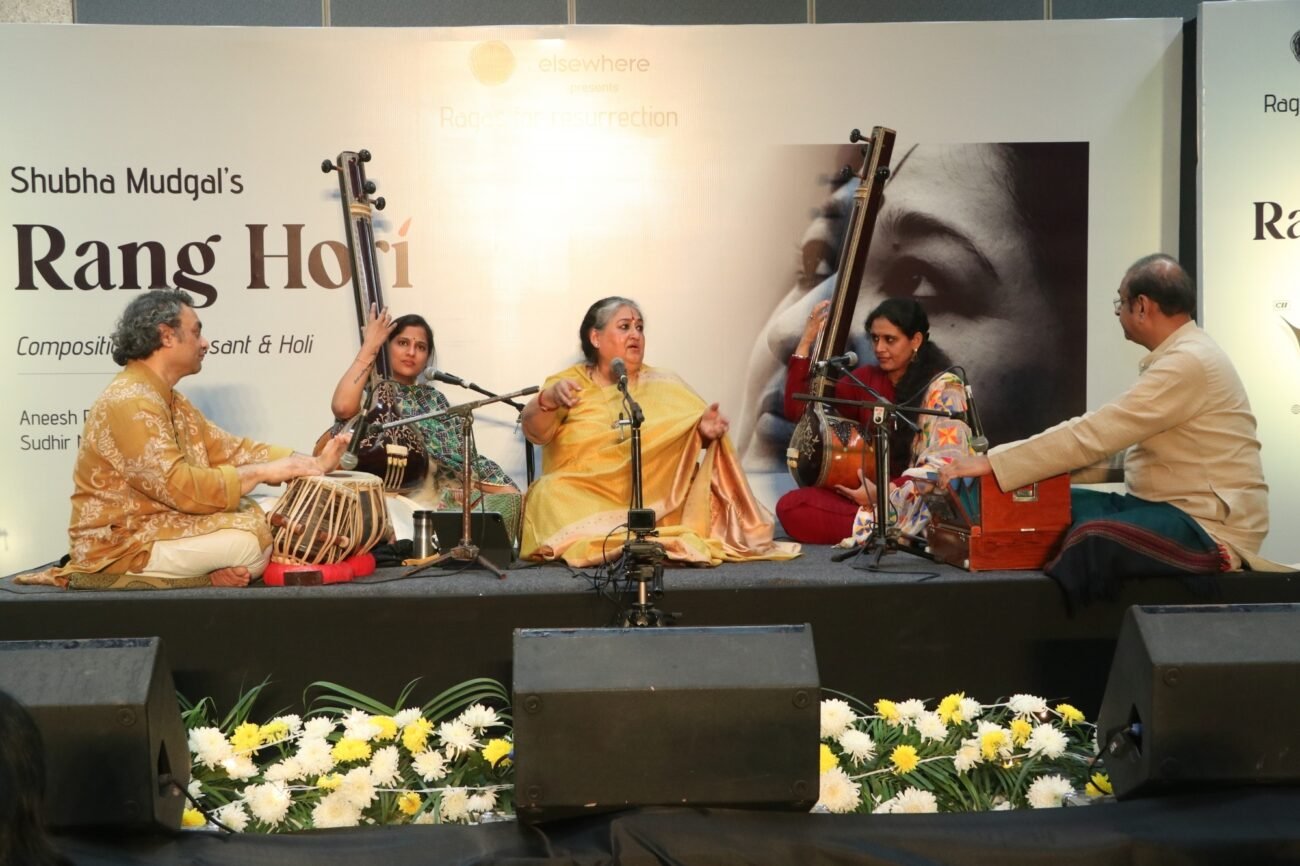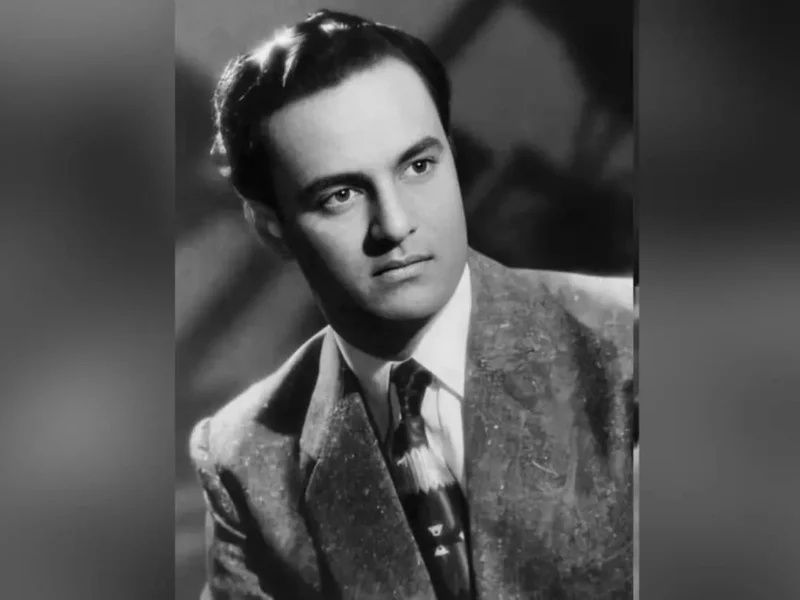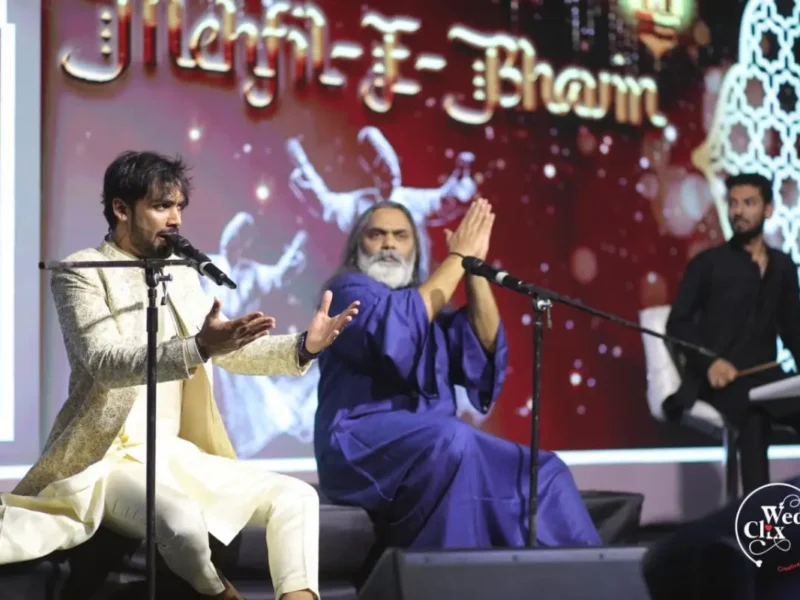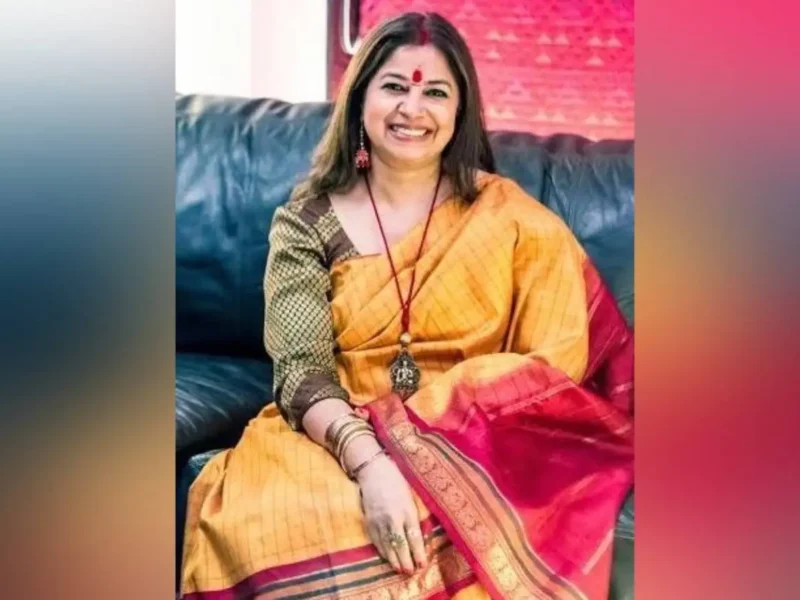
The Pandemic Was Traumatic: Shubha Mudgal
NEW DELHI, (IANS) – “Sadly, studying music or arts for a lifetime is not considered important enough. Success means winning a talent show and not otherwise. I fail to understand how one puts artistic urges in these parameters?” questions Padma Shri awardee Shubha Mudgal, adding parents and guardians and schools need to expose children to all kinds of music and arts, and the splendid diversity this country offers in it.
Born into a musically dedicated family, Shubha has been trained by some of the finest musicians and musicologists in India including eminent scholar-musician-composer Pandit Ramashreya Jha “Ramrang”, Pandit Vinaya Chandra Maudgalya and Pandit Vasant Thakar.
She later learned stylistic techniques from well-known maestros Pandit Jitendra Abhisheki and Pandit Kumar Gandharva. She also received training in thumri from Naina Devi.
In her quest to keep the arts alive, Shubha takes on students and molds them in her own ‘customized version’ of the Guru shishya parampara. “I have had the good fortune of having extremely generous and brilliant gurus who taught me everything. I try to follow their example, and in the process have formed my own way of teaching and learning from it.”
The world has changed post-pandemic, digitization has taken over, technology calls the shots and artists have switched to the online mode. But for Shubha, the pandemic and its lockdown were traumatic.
“An artist needs an audience, and suddenly you are in forced captivity, with no source of income. It was devastating, the artists suffered because the support for the arts was meager. There was no attempt by any regulating authority to think or do something for the artist. A web camera that cost say Rs 3,000, suddenly shot up to Rs 30,000 during the pandemic. There was no price regulation or funding. Senior artists could not even find a bed in the hospital, and so many left music and took up jobs. We were told to cheer people with our music, but no one thought about us,” rues Shubha.
Along with her husband and tabla maestro, Aneesh Pradhan, Sameera Iyengar, Rahul Vohra, Mona Irani, and Arundhati Ghosh established Assistance for Disaster Affected Artists in 2020, and through collaboration with 10 organizations in 10 states, raised funds and financial supported 137 families of artists over six months.
While technology, she feels, has made it possible for music to be shared, streamed, and be accessible, it’s the traditional arts and music, the handmade musical instruments, the singers, and families carrying on these traditions who continue to struggle.
“There is no tax relief, or funding or any financial help or even an effort to conserve or preserve these art forms,” says Shubha, consistent and constant in her endeavor to reach out and help and raise the issues.




